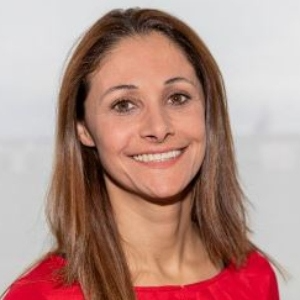Title : Transcranial pulse stimulation for the treatment of patients with alzheimer's dementia
Abstract:
Transcranial Pulse Stimulation (TPS) is a non-invasive procedure for the treatment of patients with Alzheimer's disease. Alzheimer is the most current form of dementia, affecting millions of patients worldwide. As a neurodegenerative disease, it is associated with a progressive degradation process in the brain, leading to cognitive and functional impairment. Various forms of standard therapies are currently used to slow down the progression of the disease. However, their effective benefits and possible side effects should always be weighted up prior prescription. TPS is a relatively new drug-free procedure that can be used as an add-on treatment option to standard therapies. In TPS smooth low-energy shock waves, so-called TPS pulses, are generated and delivered in a non- invasive focused way to the brain regions typically affected by Alzheimer's disease. As a neurostimulation method, the goal of TPS is to stimulate deep brain tissue and regenerate nerve cells and cell functions as well as improve vascularization within the brain. Various studies were recently conducted on the effects and safety of this new treatment method. In this overview, we report on current data and describe the mechanotransduction effects of low- energy TPS treatment. Further, an overview on recent TPS studies published with Alzheimer's disease patients is presented including the achieved results, regarding clinical effects and safety issues. The studies use various psychological measures to assess the cognitive and emotional functions of the patients before and after treatment. The results suggest that TPS is a safe and effective treatment option. Increasing patients’ number and further controlled clinical studies especially on long-term effects and biological responses are required to confirm the results and manifest the positive effects as well as further understand the translational mechanisms of this new but promising treatment procedure.
Audience Take Away Notes:
- The presentation on Transcranial Pulse Stimulation (TPS) offers the following benefits to the audience:
- Learn about TPS technology: Gain a comprehensive understanding of TPS principles, mechanisms, and applications.
- Get an update on current research: Explore the latest advancements and research findings in the field of TPS.
- Practical applications: Discover how TPS can be used in cognitive enhancement of Alzheimer’s symptoms and get an insight into potential applications in the field of neurodegenerative diseases.




